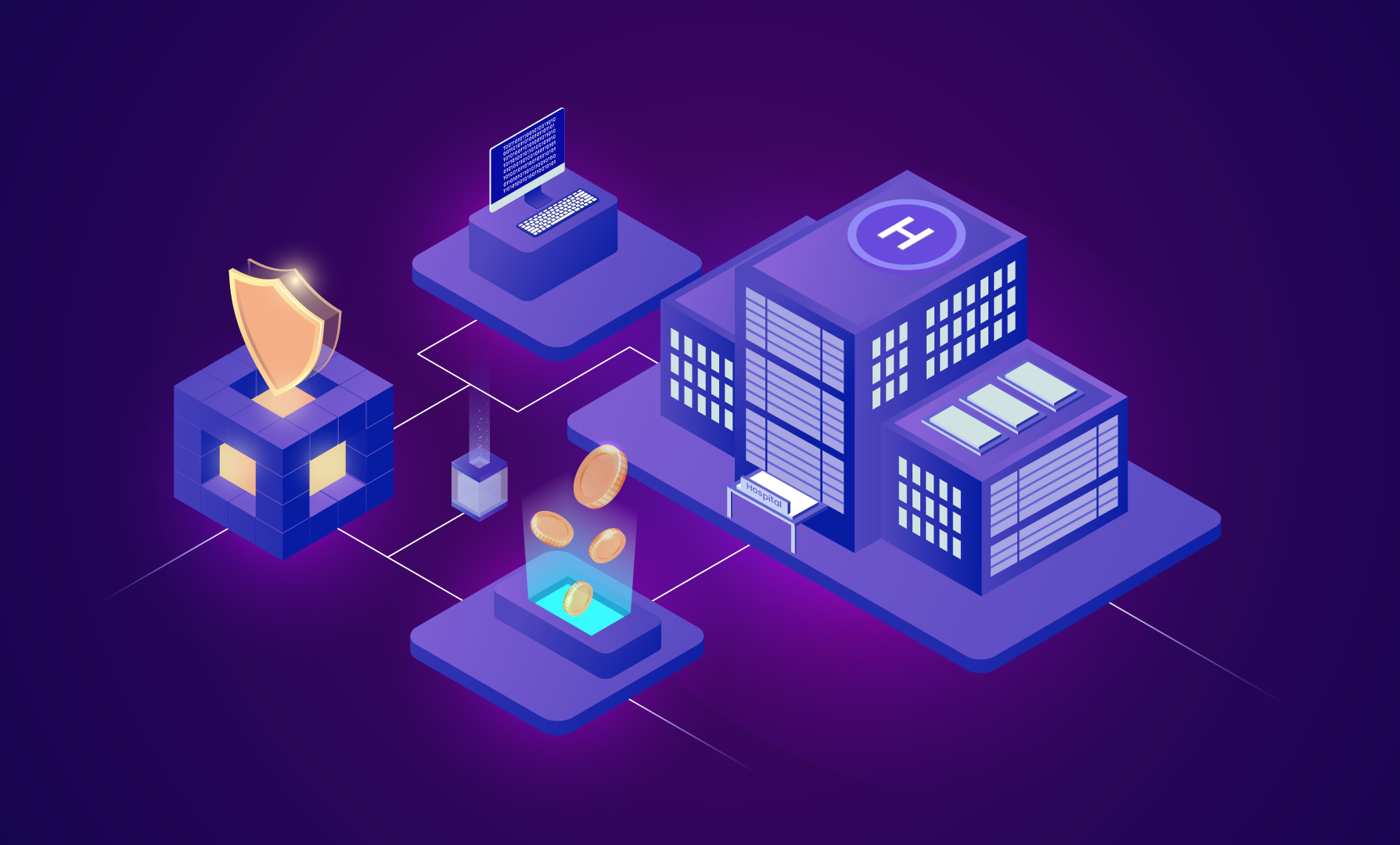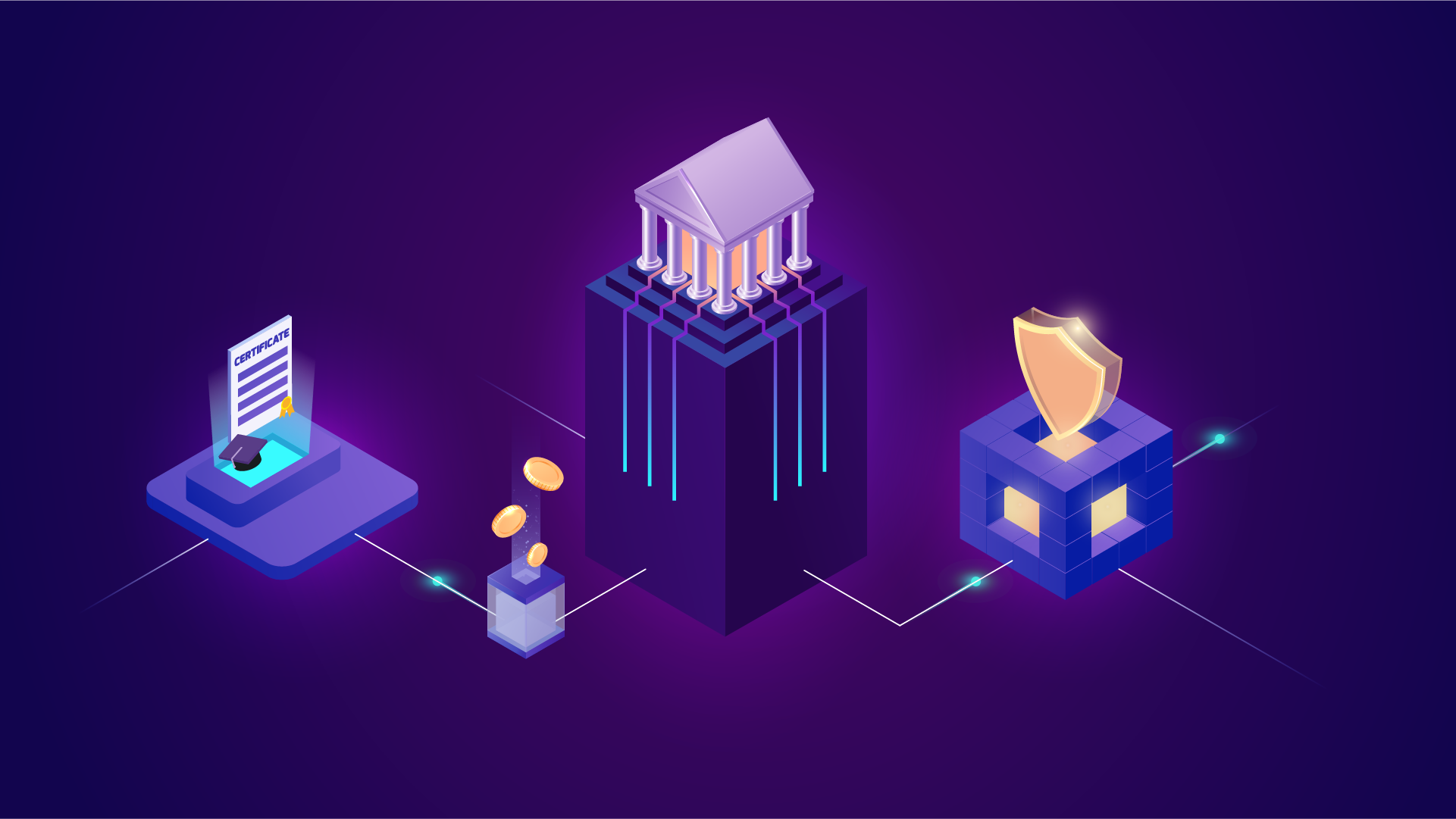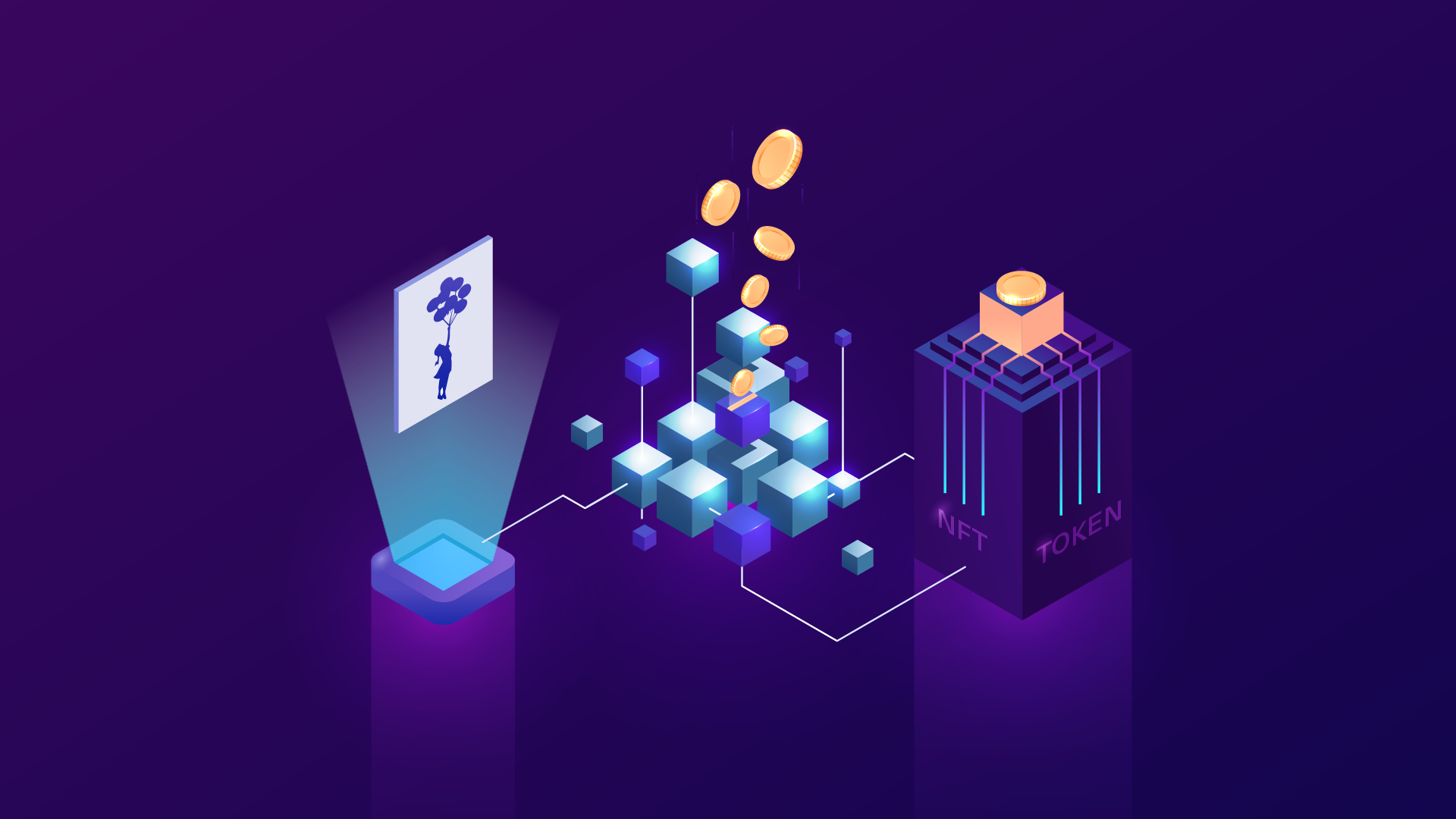In modern healthcare, the protection and efficient management of sensitive patient data have become paramount. Traditional methods of data security, such as encryption, are no longer sufficient to combat the sophisticated cyber threats of today. This is where tokenization and web 3 could become instrumental and transform how healthcare data is handled, ensuring more security and accessibility.
What is Tokenization?
Tokenization is a process of creating digital representations of various assets on a blockchain. These assets can be physical, such as real estate or art, financial, such as stocks or bonds, or intangible, such as intellectual property or data. The assets are represented in the form of digital tokens that can be traded, verified, and secured on a decentralized network. Tokens can be fungible or non-fungible, depending on their design and function. Tokenization is part of Web3, which aims to make online space more open, transparent, and democratic.
What benefits could tokenization and web 3 in general bring to healthcare? Here are a few ways tokenization could be beneficial:
- Enhanced Data Security: By replacing sensitive information with tokens, healthcare organizations can significantly reduce the risk of data breaches. Tokens are meaningless to unauthorized users; thus, it can add more protection for the patients’ privacy.
- Regulatory Compliance: Tokenization helps healthcare providers comply with stringent regulations such as the Health Insurance Portability and Accountability Act (HIPAA) and the General Data Protection Regulation (GDPR). This compliance is crucial for avoiding hefty fines and maintaining patient trust.
- Improved Data Accessibility: Tokenization allows for secure data sharing across different healthcare systems. This interoperability is essential for providing comprehensive patient care and facilitating research.
Tokenization in Healthcare: Case Studies
Here are a few case studies that focus on utilizing tokenization and blockchain and implementing it in healthcare data.
- PPD: Leveraging Patient Health Data
PPD Inc. has utilized tokenization to enhance the coverage and understanding of patient journeys by enabling the linking of real-world participant data. This approach has been particularly valuable in clinical and real-world research, allowing for a more comprehensive view of patient data without compromising privacy. - IQVIA: Tokenizing Clinical Trial Participants
IQVIA has implemented tokenization to link clinical trial data with real-world data (RWD). This method provides a 360-degree view of patients, enabling better tracking of long-term outcomes and contextualizing adverse events detected in studies.
Thus, tokenization could bring significant improvements to the healthcare industry by providing a secure, efficient, and compliant way to manage sensitive patient data. As healthcare organizations continue to adopt this technology, we can expect positive development in data security, patient care, and research capabilities.



